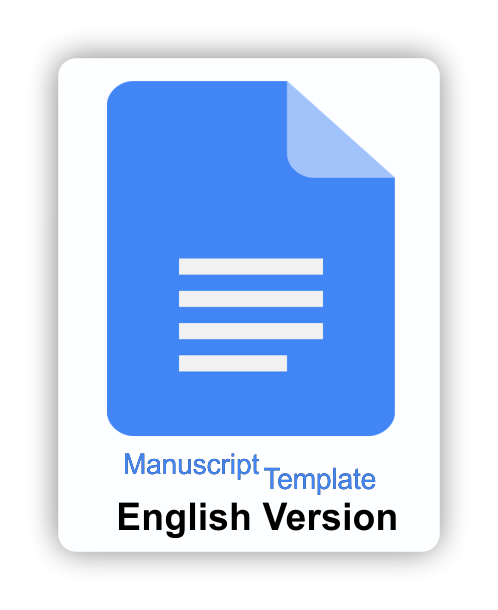Quick Menu
Publication Ethic
Ethical Standards and Publication Procedures
Manuscripts proffered for publication consideration must be unpublished and not under review by any other periodical. Exceptions include abstracts, preprints, presentations, academic theses, and preliminary discussions not yet subjected to full peer review.
Evaluation for publication will be based on the criteria of novelty, scholarly impartiality, and research integrity.
The Editor initially assesses all manuscripts for the Journal's fit. Manuscripts deemed unsuitable will result in the author(s) being notified via email.
Each manuscript undergoes a preliminary review to ascertain its relevance to the Journal's theme. Papers better suited to a different scholarly focus will be redirected by the Editor through email communication.
The peer-review process aims to maintain the Journal's scope, enrich literature in culinary technology and education, and uphold scholarly stringency, delivering comprehensive feedback to the author(s) within a month of manuscript submission.
Reviewer identities are kept confidential, with their evaluations archived for a period of five years.
Each manuscript is critiqued by a minimum of two reviewers. Divergent reviewer opinions will necessitate a third opinion, following which the Editor, in collaboration with the Associate Editor, will render the final verdict after considering all reports.
Author(s) are expected to address the feedback from the Editor, Associate Editor, and Editorial Board promptly and professionally.
Author(s) must notify the Editor should they choose to withdraw their manuscript from the review process.
Author(s) hold the right to contest critiques and recommendations, provided they present substantiated reasoning.
Rejected manuscripts will be returned to the author(s).
The estimated time frame from acceptance to publication of a manuscript is between 3 to 12 months.
Authors retain the copyright of their articles without restriction. The journal is granted a non-exclusive license to publish and distribute the article under the terms of the Creative Commons Attribution-ShareAlike 4.0 International License (CC BY-SA 4.0).
Author(s) bear full responsibility for the content of their submissions and any published material.
There are no charges for publication for three years after.
Submissions are subject to automated plagiarism detection.
Author(s) acknowledge that discussion papers will be permanently archived for public access and citation.
An author is limited to two publication per annum.
Manuscripts should exclude any content that may be deemed offensive, slanderous, obscene, deceptive, or unlawful.
To deter plagiarism, tools such as iThenticate and Turnitin are employed prior to publication.
The Journal is open to all articles pertinent to culinary technology and education.
Contributions may be theoretical frameworks or empirical studies.
Since its first issue in 2024, each published article has been assigned a DOI.






